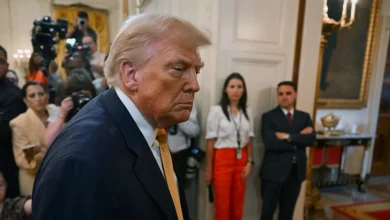WHO declares Egypt Malaria-Free almost after a century battling the disease

Egypt has officially been certified malaria-free by the World Health Organisation (WHO), a milestone hailed by the UN public health agency as a “truly historic” achievement. WHO Director-General Tedros Adhanom Ghebreyesus remarked, “Malaria is as old as Egyptian civilization itself, but the disease that plagued pharaohs now belongs to its history.”
Egypt becomes the third country in the WHO’s Eastern Mediterranean Region, after the United Arab Emirates and Morocco, to achieve this certification.
Egypt’s fight against malaria began almost a century ago, with authorities launching campaigns to eradicate the deadly mosquito-borne disease. WHO certification requires proving that malaria transmission has been interrupted for at least three consecutive years.
Malaria continues to claim over 600,000 lives annually, primarily in Africa. The WHO praised Egypt’s government and people for their relentless efforts to eliminate a disease present since ancient times.
While this certification marks an important step, the WHO urged Egypt to remain vigilant to maintain its malaria-free status, as preventing the re-establishment of transmission is crucial. The organisation stated that the certification was only “the beginning of a new phase.”
Efforts to limit human-mosquito contact in Egypt date back to the 1920s, including a ban on rice cultivation and crops near homes.
Although vaccines are now in use in some regions, the most effective ways to prevent malaria remain monitoring the disease and avoiding mosquito bites. Malaria is caused by a complex parasite that is spread by mosquito bites. Globally, 44 countries and one territory have reached malaria-free status, a testament to the ongoing global fight against the disease



